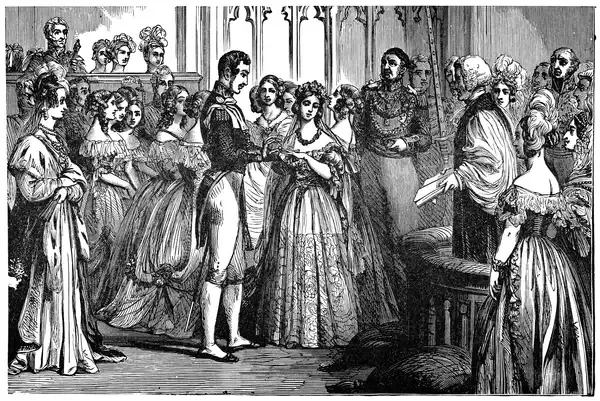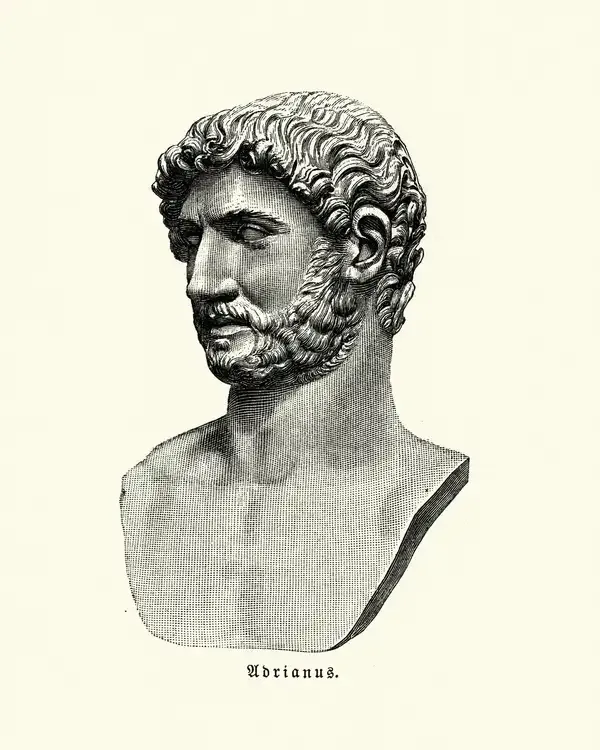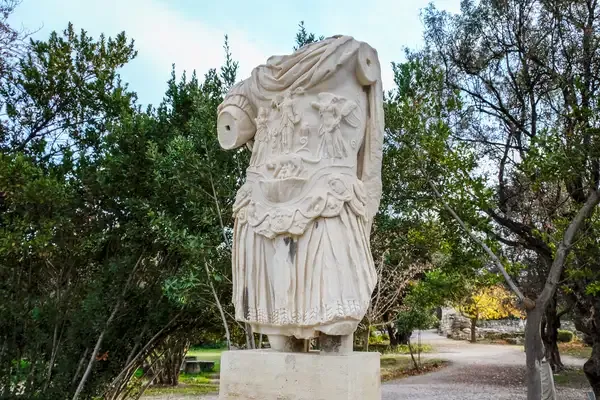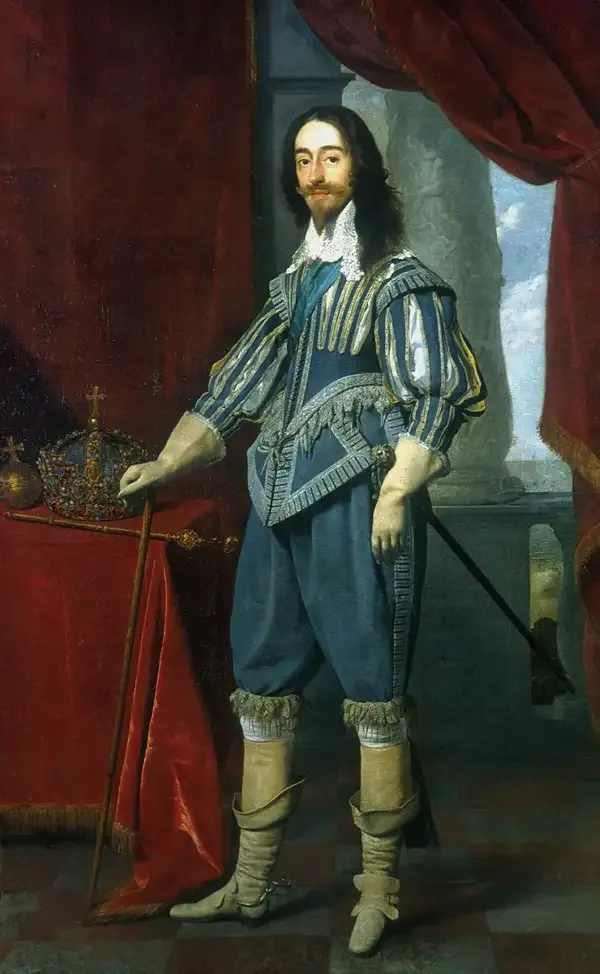Why Have So Many World Leaders Married Their Cousins?
Many world leaders have historically married their cousins due to the desire to consolidate power, wealth, and influence within elite families. Such unions were common among royalty and aristocracy to maintain political alliances and preserve noble bloodlines. Marrying within the family was often seen as a way to ensure loyalty and stability in governance. Additionally, limited social circles among the elite often led to cousin marriages being one of the few viable options for maintaining dynastic continuity.

Throughout history, the practice of marrying cousins has been observed among many world leaders. This phenomenon raises intriguing questions about the social, political, and cultural factors that encourage such unions. Below, we explore the reasons behind this trend, highlighting the implications on lineage, power dynamics, and social status.
Historical Context of Cousin Marriages
Marrying cousins has been a common practice in various cultures and regions. In many societies, particularly in royal families, cousin marriages were often viewed as a strategy to consolidate power and maintain bloodlines. The idea was that marrying within the family would keep wealth and influence within a particular lineage, thus preventing dilution of power.
Political Alliances and Power Consolidation
One of the primary reasons world leaders have chosen to marry their cousins is the formation of political alliances. By marrying a cousin, leaders could strengthen ties with their families, ensuring loyalty and support. This practice was particularly prevalent in monarchies, where marriages were often arranged to secure alliances with other powerful families or states.
Genetic Considerations and Health
While modern understanding of genetics raises concerns about the potential health risks associated with cousin marriages, historical perspectives were different. In many cultures, the potential genetic risks were not well understood. Instead, families believed that shared genetics might result in stronger offspring, capable of inheriting the family's legacy. This belief contributed to the continuation of cousin marriages among elite families.
Social Status and Prestige
Marriage among cousins has often been linked to social status. In many cultures, marrying within one’s family was seen as a way to maintain social prestige. Leaders who married cousins often did so to reinforce their status and demonstrate loyalty to their family and heritage. This practice was particularly evident in royal families, where bloodlines were a crucial aspect of legitimacy and authority.
Cultural Norms and Traditions
Cultural norms play a significant role in the acceptance of cousin marriages. In some societies, marrying a cousin is not only common but also encouraged. These cultural practices often stem from historical precedents that value familial bonds and shared heritage. For instance, in many Middle Eastern and South Asian cultures, cousin marriages are a traditional practice, and leaders from these regions have often adhered to these customs.
Examples of World Leaders and Their Cousin Marriages
Several prominent world leaders have married their cousins, showcasing this trend across different cultures:
| Leader | Relation | Country |
|---|---|---|
| Queen Victoria | First cousin | United Kingdom |
| King Abdullah II | First cousin | Jordan |
| King Salman | First cousin | Saudi Arabia |
| Ferdinand I | First cousin | Austria |
Contemporary Perspectives on Cousin Marriages
In contemporary society, cousin marriages have become a topic of debate. While they remain a custom in certain cultures, many countries have implemented laws and regulations surrounding cousin marriages, primarily due to health concerns. Scientific research has shown that offspring from cousin unions may have a higher risk of genetic disorders. Consequently, this has led to a decline in the practice in some regions.
Conclusion: A Complex Legacy
The reasons why many world leaders have married their cousins are multifaceted, involving historical, political, social, and cultural dimensions. While the practice has seen a decline in some areas due to health concerns and changing societal norms, it remains a significant aspect of understanding how power and lineage have shaped the political landscape throughout history. As we continue to explore these dynamics, it is essential to recognize the implications of such marriages on modern governance and society.
In summary, the trend of cousin marriages among world leaders reflects a complex interplay of history, culture, and politics. As society evolves, so too will the perspectives on these familial unions, shaping the future of leadership and governance.












